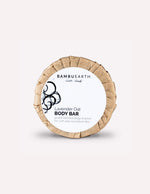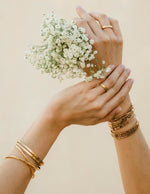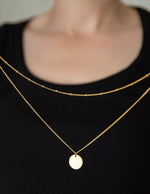
IN THIS ARTICLE
I never really put much stock into the use of herbs until someone mentioned they could help with my endometriosis. I tried a few, as directed by a complementary and integrative health provider, and was surprised that they made quite a difference after several weeks.
This piqued my curiosity about other herbs that may be able to help improve someone’s overall well-being. It is both a pro and a con that there are so many different herbs. This can make it overwhelming to choose the one that’s right for your needs, but this large selection also means there are many types with various benefits. Herbs can also help with a range of issues, one of which is anxiety disorders.
Any herbal supplement that is intended to lower symptoms associated with anxiety disorders is classified as an anxiolytic herb. They can potentially even assist with managing depression or difficulty in social situations. Let’s take a look at some calming herbs for anxiety:
Lemon balm (Melissa officinalis)

Lemon may be commonly regarded as an energizing scent, but the herb itself has historically been used for sleep problems and as a digestive aid.
Lemon balm is one the natural remedies that have been known to assist in easing some symptoms of generalized anxiety disorder (GAD) and depression. Lemon balm is in the mint family and is known to have a somewhat similar taste and feel.
HOW TO USE IT
- Best for: Lemon balm has many documented uses. Most research focuses on its utility for decreasing anxiety symptoms. But other early studies show it can potentially boost cognitive function, ease insomnia, relieve stomach discomfort, and lessen menstrual cramps.
- How to use: For those with digestive issues who enjoy the taste of lemon, you can add dried lemon balm to food by sprinkling a small handful on top.
If you experience anxiety, it may be more beneficial to take up to 600 milligrams of dried lemon balm in the form of a liquid extract (also known as a tincture) or capsule. People with nausea may benefit from making tea by adding 6-12 grams of dried lemon balm to hot water.
Ginger (Zingiber officinale)

Ginger is one of many herbal remedies that is also an antioxidant. It has long been used to season foods, particularly in Asian cuisine. It’s most well-known for its ability to assist with nausea.
But it’s bioactive components make it a potential remedy for anxiety. Ginger can be used fresh or as a powder, oil, spice, or juice, making it highly versatile.
HOW TO USE IT
- Best for: Some research has shown that ginger can improve cognitive function, which can increase alertness while improving mood. Several studies suggest it can boost serotonin levels, which serves to reduce stress and reduce anxiety symptoms. Another trial posits ginger may be a more effective anxiety remedy than some other medications such as prescription drugs.
- How to use: One teaspoon of ground ginger can be added to smoothies or other food to potentially assist with lowering anxiety.
Some people may find it easier and more cost-effective to take ginger capsules, which are safe to take up to two times daily. Be mindful of your dosage, as more than 4 grams of ginger can cause stomach discomfort.
Kava Kava (Piper methysticum)

Kava kava grows in tropical climates such as Fiji, Hawaii, and Samoa. It’s a low-lying bush with heart-shaped leaves. This herb was once used to brew a ceremonial drink before researchers discovered the potential benefits of its active ingredient.
HOW TO USE IT
- Best for: Kava kava can encourage relaxation and even slight euphoria. It can lower anxiety levels, so it may assist some individuals in getting better sleep. Some research indicates that Kava Kava may be habit-forming so it is not ideal for individuals with a history of addiction or anyone operating heavy machinery or driving.
- How to use: You can drink up to three cups of Kava kava tea per day. While there is no recommended dosage for Kava kava tinctures, it’s best to exercise caution to use this and other dietary supplements wisely. Use a few drops mixed with other non-alcoholic drinks to mask the strong taste.
You can also utilize Kava kava in powder or capsule form. No matter what medium you choose to take Kava kava in, experts say you should not use more than 250 milligrams per day. It is also not recommended for long-term use, as it increases someone’s likelihood of liver toxicity.
Valerian root (Valeriana officinalis)

Valerian is a perennial that was native to Asia and Europe, but is now grown in China and the United States. The fragrant flowers of this plant were once used to make perfume. The root is also useful, which is why some cultures look to valerian as a remedy for sleep disorders. This has been its primary use for over 2,000 years.
HOW TO USE IT
- Best for: Valerian root is more recently being regarded for its potential in managing anxiety and mental health. Some evidence suggests this herb can also improve focus and concentration, so it may be useful for managing symptoms of ADHD. But more research is needed to verify this.
- How to use: To use valerian extract for insomnia, you can take 300 to 600 milligrams between 30 minutes and 2 hours before bedtime. If you prefer its tea form, soak 2-3 grams of dried valerian root in hot water for 10-15 minutes.
Lavender (Lavandula)

Lavender is another herb that is regarded for its pleasant smell and it can often be found in perfumes, candles, sachets, body washes, and other beauty products. It's had various uses over the years: Romans used it as an antiseptic to kill germs while the Greeks offered it to people as a sleep aid.
HOW TO USE IT
- Best for: It is used in many forms (most commonly as an essential oil to be smelled) and can even serve as an adjunctive way to reduce anxiety and depression along with sleep problems.
- How to use: Professionals recommend using 80-160 milligrams of lavender in tablet form for anxiety and depression.
While lavender essential oil is popular, they should never be ingested. Essential oils can be applied to the body in small amounts when mixed with a carrier oil such as coconut or almond oil.
Hops (Humulus lupulus)

Most people use hops without even knowing it. Hops are a bitter, strong herb that are used to make beer. It is a member of the hemp family that grows in cone formation. Many people recognize their taste in certain specialty drinks, such as IPAs, but hops were originally used in beer due to their antibacterial properties.
HOW TO USE IT
- Best for: Hops are known for their sedative effect, so they can help people sleep. But they also have some potential to help people lower their stress levels, ease anxiety, and manage symptoms of depression.
- How to use: While they are noticeable in some beers, it is not recommended that someone take hops in this form. Hops have also been used in tea, but they are best mixed with something since they are very bitter when used in isolation.
You can mix 5-10 dried hops cones in two cups of boiling water to make a before-bed concoction. Hops capsules can be taken in 1.5 to 2 gram doses.
St. John's-wort (Hypericum perforatum)

St. John's-wort was named for its tendency to flower around St. John's day at the end of June. Historically, St. John's-wort has been used internally and externally, both for treating anxiety and healing cuts, burns, and scrapes on the skin. Due to the interactions it has with other drugs, it is no longer available over-the-counter in certain European countries.
HOW TO USE IT
- Best for: St. John's-wort is another supplement in the class of calming herbs that can be used to treat mild anxiety. However, there is somewhat more evidence surrounding its use for mild to moderate cases of depression.
- This is one of several natural remedies that may assist with mild cases of seasonal affect disorder (SAD), which brings about temporary mental health symptoms in the winter months.
- How to use: It is important to consult a health professional before using St. John's-wort. If it's recommended for your health conditions, you can safely take up to 300 milligrams in capsule form three times per day.
- Some people prefer to take it in liquid form, which is safe in servings up to .7 milliliters. Others opt for the tea, which can be made with 2-4 grams of powdered leaves and flowers mixed with boiling water.
Chamomile (Matricaria chamomilla)

As another supplement that is a well-known calming herb, chamomile was once used to embalm the dead and was also burned as incense to honor the gods. This daisy-like flower is native to India and Europe, but it has become so abundant in the United States that it can be found growing freely in many fields and parks.
HOW TO USE IT
- Best for: Chamomile is one of many natural remedies that can assist with nausea and indigestion. There is also solid evidence from clinical trials that long-term use of chamomile yielded significant results in reducing anxiety, particularly moderate to severe GAD symptoms.
- While these results were positive, the benefit for generalized anxiety disorder ended once participants stopped taking the herbal treatment. With more research, chamomile can potentially be a long-term substitute for prescription medications to treat GAD and other symptoms of stress and anxiety.
- How to use: Chamomile tea can be made by combining 3-4 tablespoons of dried chamomile with boiling water. It is generally safe to drink this one to four times each day, but it can be strong if taken alone. If you don't enjoy the taste, you can take 400-1600 milligrams in capsule form each day. Liquid chamomile can be taken as a 15 milliliter tincture three to four times daily.
Skullcap (Scutellaria)

Skullcap is an herb that is native to North America. It was used for many years to treat issues related to the nervous system, such as tremors, digestive issues, and more. This plant is also from the mint family and is known for it's small dish-shaped leaves.
HOW TO USE IT
- Best for: Skullcap relieves nerves and anxiety by stimulating an amino acid called GABA. Skullcap is often mixed with other herbs, such as valerian, to be used as a sleep aid. Several studies show that, despite being considered a sedative, skullcap can enhance mood without decreasing energy or focus.
- How to use: You can take 1-2 grams of dried skullcap in capsule form up to three times each day. If you make tea, your limit should be 5 to 10 milliliters of the dried herb each day.
At one point, American skullcap was contaminated with a plant that causes liver toxicity, so it's important to get all herbs from a trusted source.
Use caution
If you are living with symptoms of stress and anxiety, it is important to consult a doctor to learn what your options are. In some cases, complex cases of mental health symptoms will need to be treated with prescriptions or other medications. However, these natural remedies and other calming herbs may be able to treat anxiety and alleviate symptoms of depression. Your doctor may also recommend techniques such as breathing exercises (also known as deep breathing), the use of green tea, meditation, yoga, and other calming activities.
People with anxiety may regard supplements as a great way to manage their health, but they're not recommended for everyone. As with any type of medication, it is crucial to stop taking an herbal remedy and call 911 if you experience any serious side effects, such as difficulty breathing, increased heart rate, blurred vision, numbness, tingling, or chest pain.





















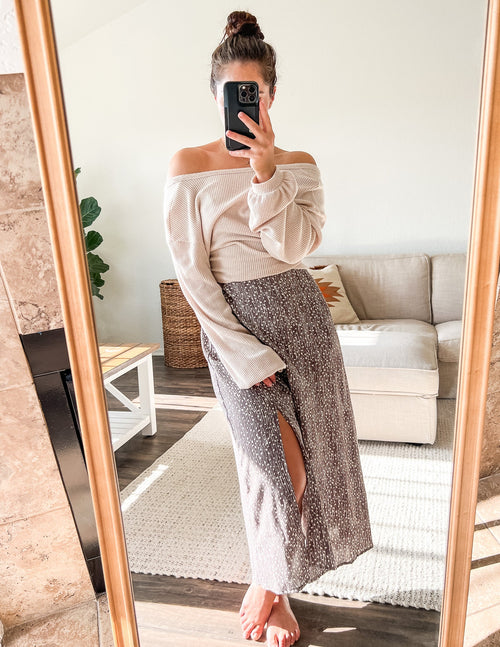


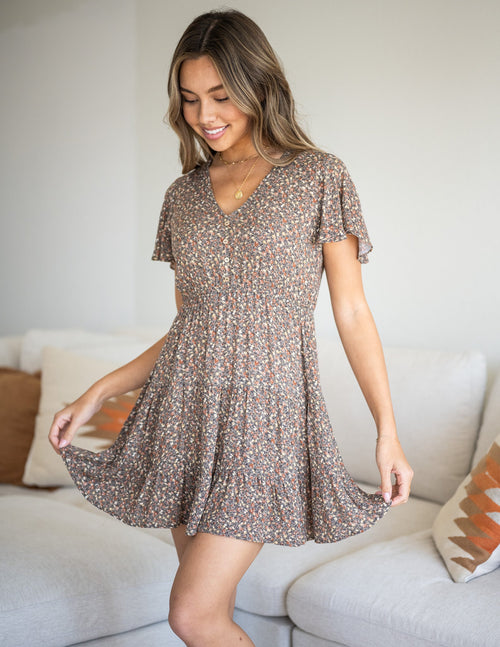








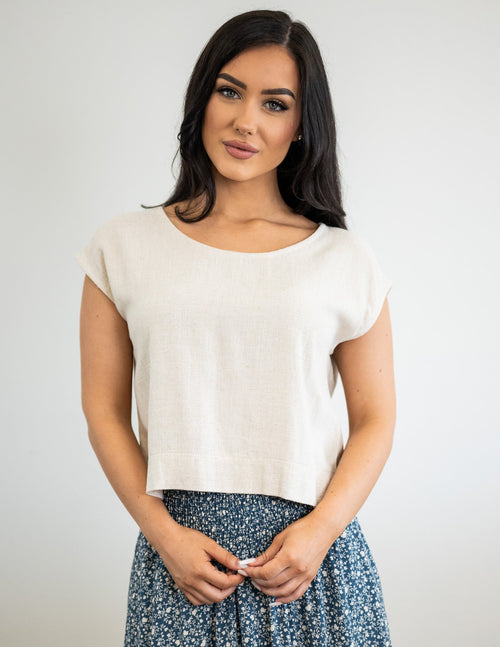
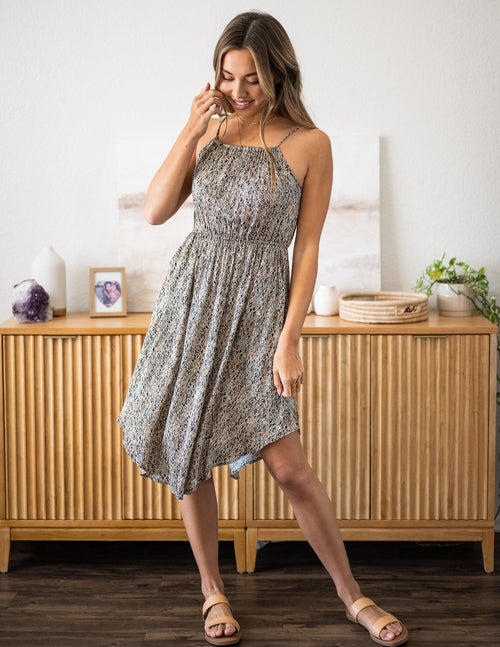








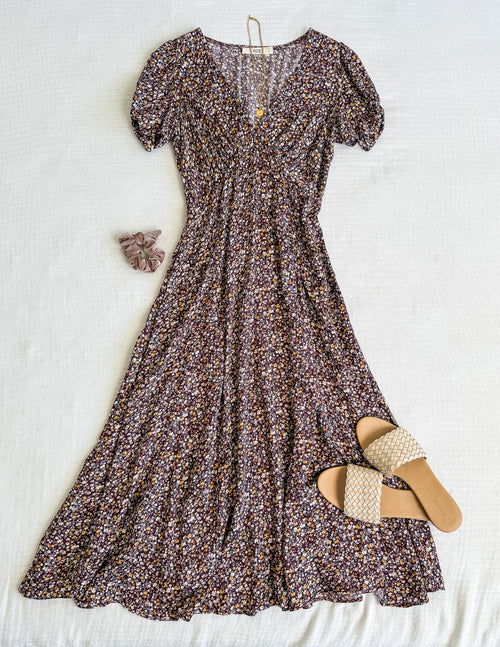





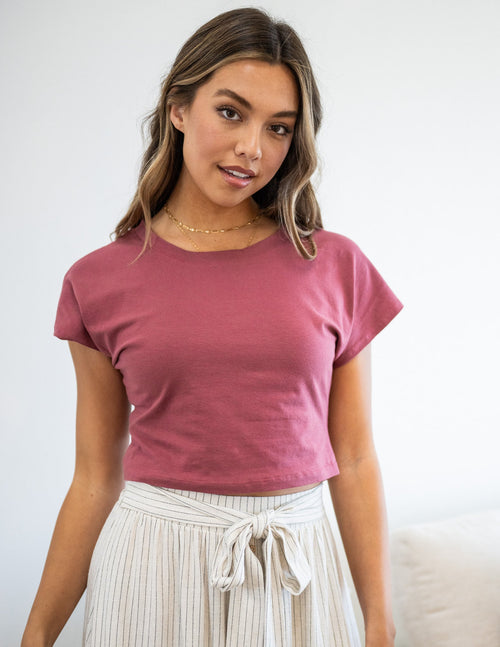







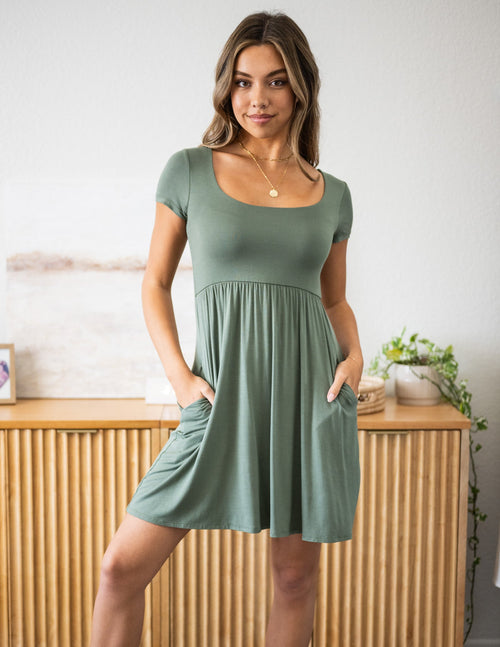
















 TOP
TOP
